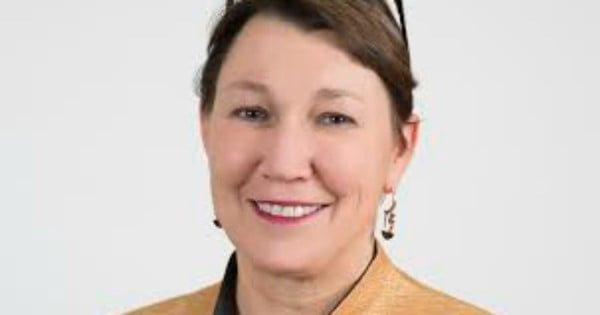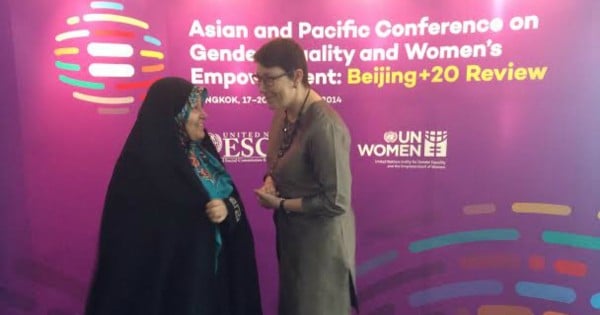
Each week we will be running Q&As with Australian women doing vital humanitarian and aid work. Women you may not have heard of.
This week, we meet Joanna Hayter, the CEO of the International Women’s Development Agency a non-profit organisation which defends women’s human rights in the Asia Pacific region.
1. What does your role entail on a day-to-day basis?
Leading the International Women’s Development Agency as the CEO is a balancing act between purpose, prioritisation and perseverance.


